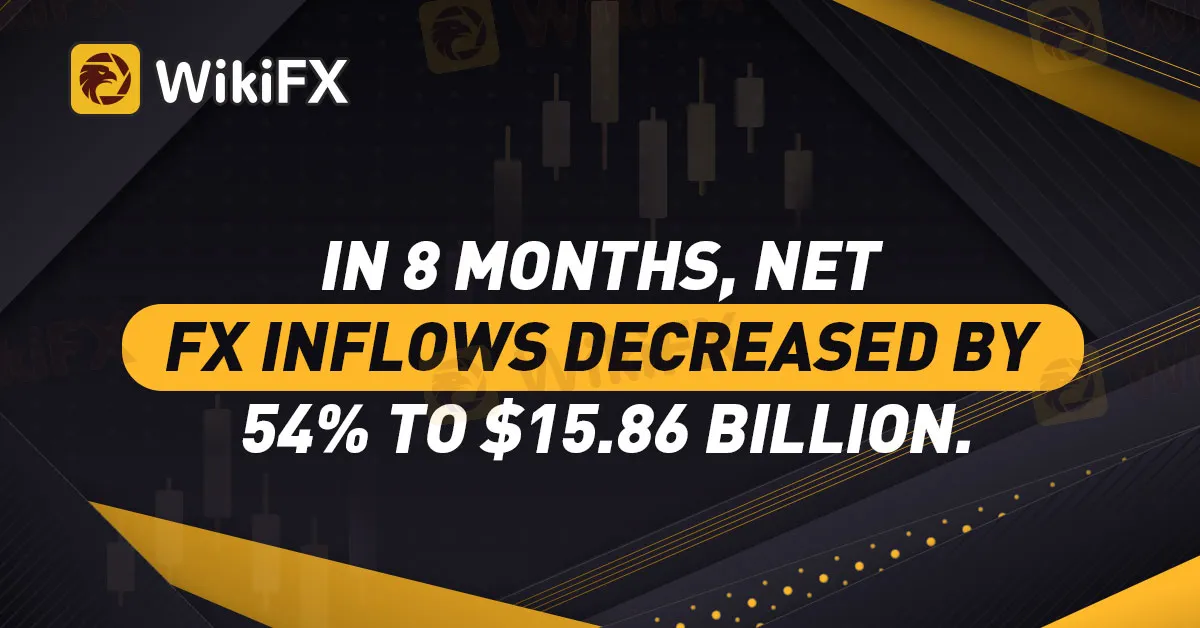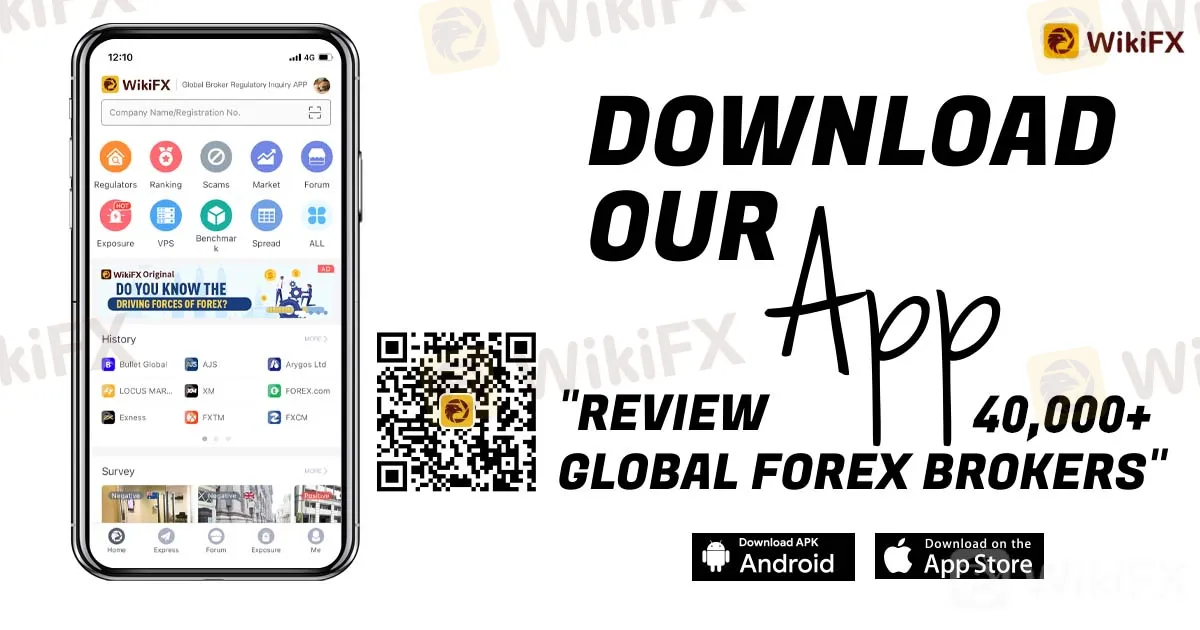简体中文
繁體中文
English
Pусский
日本語
ภาษาไทย
Tiếng Việt
Bahasa Indonesia
Español
हिन्दी
Filippiiniläinen
Français
Deutsch
Português
Türkçe
한국어
العربية
IN 8 MONTHS, NET FX INFLOWS DECREASED BY 54% TO $15.86 BILLION.
Abstract:In the eight months leading up to the end of August, net FX inflow to the economy decreased 54% YoY to $15.86 billion.

In the eight months leading up to the end of August, net FX inflow to the economy decreased 54% YoY to $15.86 billion.
The dip was caused by a 37% decrease in FX coming into the economy, which offset a 15.3% decrease in FX leaving the economy during same time.
Financial Vanguard's analysis of the Central Bank of Nigeria's (CBN) monthly economic reports revealed that the amount of foreign currency entering the economy fell to $37.89 billion in the eight months that ended in August of this year (8M'22) from $60.37 billion in the same period of 2021 (8M'21), a decrease of 37% YoY.
In a similar vein, the economy's foreign outflow decreased by 15.3% YoY to $22.02 billion in 8M'22 from $26.01 billion in 8M'21.
As a result, the economy's net foreign inflow decreased by 54% to $15.86 billion in 8M'22 from $34.38 billion in 8M'21.
However, the net inflow of foreign currency rose 92% month over month, from $1.64 billion in July to $3.16 billion in August of this year.
The total amount of foreign exchange that entered the economy in July 2022 was $5.22 billion and it climbed by 22.7% to $6.40 billion in July 2022. Similarly, the economy's net outflow of foreign currency decreased by 9.5% to $3.24 billion from $3.58 billion in the previous month.
However, the net inflow of foreign currency through the CBN was negative. The CBN said that in August 2022, “a net inflow of $0.34 billion was recorded through the Bank, compared to a net outflow of $0.88 billion in the preceding month.”
Motor Insurance:
Why did insurers withdraw their proposed 50% rate increase from NAICOM?
Only 3 million of the 12 million vehicles have valid insurance, and the premium income reversed its growing trend in the second quarter of 22.
The National Insurance Commission (NAICOM) and insurance companies have changed their minds about implementing the planned 50% increase in premium for third party motor insurance due to concerns about the impact of inflationary pressure on Nigerians' disposable income, the sharp decline in premium in the second quarter and the prevalence of fake motor insurance.
For a very long time, the third-party motor insurance deductible was set at N5,000.
However, the Insurers in its meeting in June that the third-party motor insurance price would be revised 50% higher, to N7,500, starting in September.
The NAICOM and the CEOs of insurance companies make up the Insurers Committee.
In a press conference following the meeting, Mr. Segun Omosehin, vice chairman of the insurers committee's subcommittee on publicity and communication, stated: The regulator has adopted, in principle, the adoption of a third-party motor insurance in Nigeria. The increased tariff should go into effect in September.
Before making a final decision on the new price, the team, he continued, wishes to weigh the advantages and disadvantages while taking feedback and concerns.
The new premium has not started, though, two months after the planned implementation date.
An executive from NAICOM said that the current economic climate and growing inflation prevented the new rate from being implemented in September.
Even though the NAICOM Board's governing council recently authorized the new tariff and forwarded it to the Ministry of Finance.
Premium revenue is falling
The dramatic decrease in premium income from motor insurance in Q2'22 after three consecutive quarters of increase may have had an impact on NAICOM.
According to an analysis of NAICOM statistics, premium income from decreased by 36.4% quarter over quarter (QoQ) to N12.6 billion in Q2'22 from N19.8 billion in Q1'22.
This is from the growth seen in the three quarters prior, notably Q3'21, Q4'21, and Q1'22.
Motor insurance premium revenue increased by 51.6% in the third quarter of 21 to N13.16 billion from N8.74 billion. Premium income climbed by 6.4% to N14 billion from N13.16 billion in the fourth quarter of 21. Motor premium income increased by 41.4% to N19.8 billion in Q1 22 from N14 billion in Q4 21.
The estimated nine (9) million difference between the number of vehicles having valid insurance and the total number of vehicles on Nigerian roads discourages the implementation of the proposed rate increase.
Only three million of the 12 million vehicles on Nigerian roads had legitimate insurance, a situation that insurers blamed on Nigerians' persistent use of bogus motor insurance.
Insurance companies communicate
Immediate former Chairman of the Nigerian Insurers Association, NIA, Mr. Ganiu Musa, commented on the news by saying: “The number of uninsured vehicles against insured in Nigeria is highly disappointing with only three million insured out of 12 million traveling our roads.”
Under anonymity, another Chief Executive stated: Instead of developing policies that would drive motorists away from the insurance market, we should be taking steps to guarantee that more motorists plug into it. I think that any increase in the cost of a car insurance policy could help the phony insurance market grow, which would be to our detriment given the status of the economy.

Disclaimer:
The views in this article only represent the author's personal views, and do not constitute investment advice on this platform. This platform does not guarantee the accuracy, completeness and timeliness of the information in the article, and will not be liable for any loss caused by the use of or reliance on the information in the article.
Read more

The Impact of Interest Rate Decisions on the Forex Market
Interest rate changes determine currency attractiveness, influencing capital flows and exchange rate trends. Understanding this mechanism helps investors navigate the forex market effectively.

How a Housewife Lost RM288,235 in a Facebook Investment Scam
A 47-year-old housewife in Malaysia recently fell victim to an online investment scam, losing a substantial sum of RM288,235 after engaging with a fraudulent scheme advertised on Facebook.

Interactive Brokers Launches Forecast Contracts in Canada for Market Predictions
Interactive Brokers introduces Forecast Contracts in Canada, enabling investors to trade on economic, political, and climate outcomes. Manage risk with ease.

Bank Negara Malaysia Flags 12 New Companies for Unauthorised Activity
Bank Negara Malaysia (BNM) has updated its Financial Consumer Alert List (FCA List) by adding 12 more entities, reinforcing its efforts to warn the public against unregulated financial schemes. Check if your broker made the list!
WikiFX Broker
Latest News
The Withdrawal Trap: How Scam Brokers Lure Victims into Paying More
FCA to Investors: Think Twice Before Trusting These Brokers
Trump\s tariffs: How could they affect the UK and your money
Trump gambles it all on global tariffs he\s wanted for decades
TradingView Brings Live Market Charts to Telegram Users with New Mini App
Trump tariffs: How will India navigate a world on the brink of a trade war?
Interactive Brokers Launches Forecast Contracts in Canada for Market Predictions
Authorities Alert: MAS Impersonation Scam Hits Singapore
Stocks fall again as Trump tariff jitters continue
IG Group Acquires Freetrade for £160M to Expand UK Investment Market
Currency Calculator







